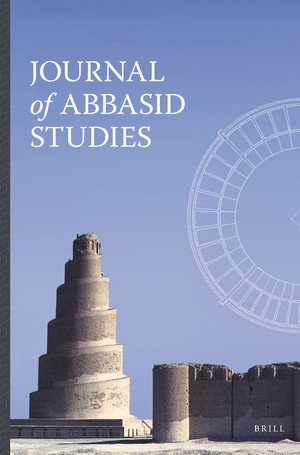Abstract
This article examines the generic affiliations in the introductions to ʿAbd al-Qāhir al-Jurjānī’s (d. 471/1078 or 474/1081) Asrār al-balāgha and Dalāʾil al-iʿjāz, identifying their interlocutors, polemical purposes, and generic aspirations. Asrār al-balāgha aims to displace al-Jāḥiẓ (d. 255/868-9) as a theorist, while Dalāʾil al-iʿjāz addresses not only the Muʿtazilī theologian ʿAbd al-Jabbār (d. ca. 415/1024), but also a group espousing an instrumentalist language theory, whom I identify as legal theorists (uṣūlīs) of all stripes. Al-Jurjānī’s critique alerts us to a history of instrumentalist language theory, and allows for a richer reexamination of the multifarious afterlife of al-Jāḥiẓ’s theory of communication (bayān), and his concept of gesture (ishāra). His critique of the instrumentalist group reflects a concern among fifth/eleventh-century legal theorists to ground their discipline more deeply in philology, especially grammar.
Publication Type
- Article



